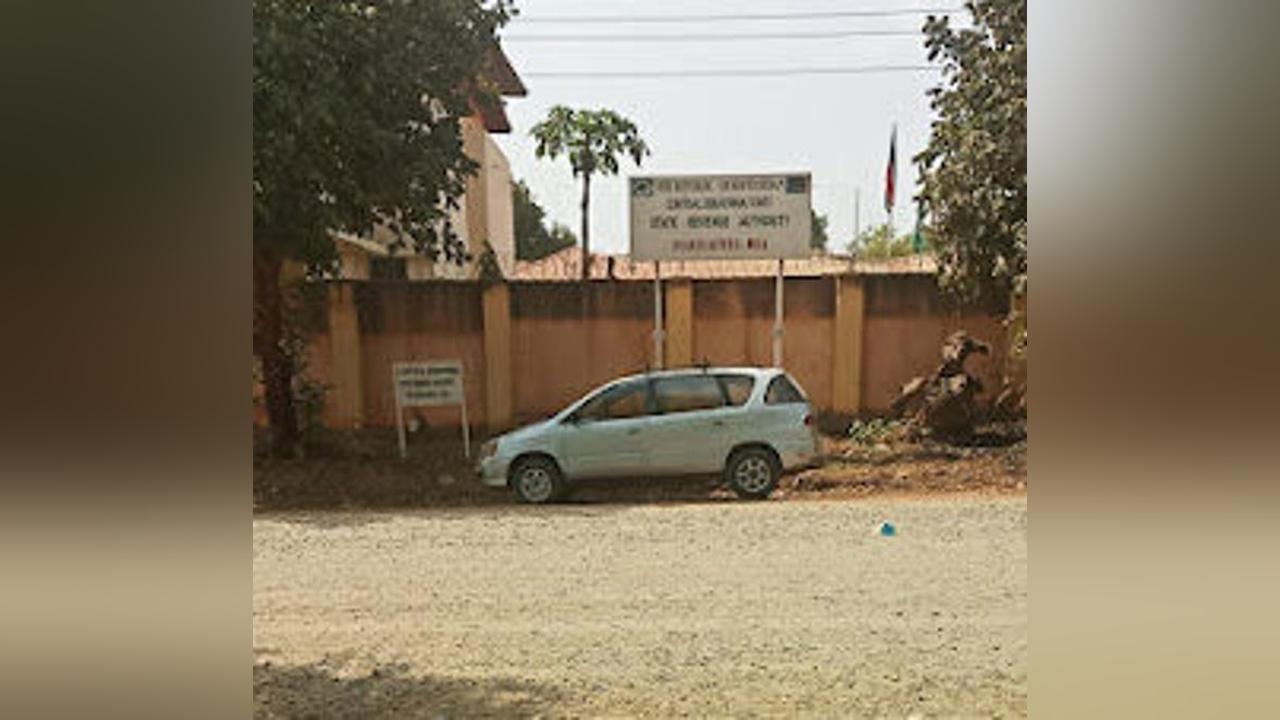Africa-Press – South-Sudan. The Central Equatoria State government says it has the constitutional right to collect taxes, dismissing a recent claim by the National Revenue Authority (NRA) that the state does not have such powers.
A week ago the South Sudan Revenue Authority (SSRA) asserted that only the national government was mandated to collect public revenue, a stance that has prompted the Central Equatoria State Government to call for constitutional clarity and reaffirm its tax collection rights under state law.
Speaking to the media on May 24, Alex Latiyo, the Secretary State for Economic Cluster, said Article 179 of the Transitional Constitution of South Sudan allows the state to collect its revenue.
“After the in-depth deliberations and serious scrutiny, it was confirmed that the Central Equatoria State Revenue Authority is collecting its revenue source in line with the Constitution of the Republic of South Sudan, Article 179, which gives the Central Equatoria State Revenue Authority and other states of the Republic of South Sudan an exclusive power to collect revenues,” he explained.
Latiyo, who also serves as the Minister of Animal Resources, said a statement made last week by the National Revenue Authority affected the collection of key taxes, including Personal Income Tax (PIT), in the state.
“Therefore, the Central Equatoria State Government and the State Ministerial Economic Cluster urged the National Revenue Authority to reconsider their statement because it has become an impediment for the collection of revenue which rightfully belongs to the Central Equatoria State,” he said.
The NRA earlier said the state’s tax agency was not authorized to collect taxes on its behalf. This came after the state reportedly issued a circular asserting its exclusive authority to collect taxes within Central Equatoria.
However, Moses Idoru, the Commissioner General of the state’s Revenue Authority, said the circular was not meant for the NRA but for NGOs and private companies operating in the state.
“The circular which was given out was not addressed to the National Revenue Authority, it was addressed to our clients in Central Equatorial State, that is to NGOs, the companies operating here, and we want to see to it that they respond according to the law to Central Equatorial Revenue Authority, that is it so any interference is beyond our line,” he said.
Idoru said the circular was part of normal government communication and did not break any national rules.
For More News And Analysis About South-Sudan Follow Africa-Press






